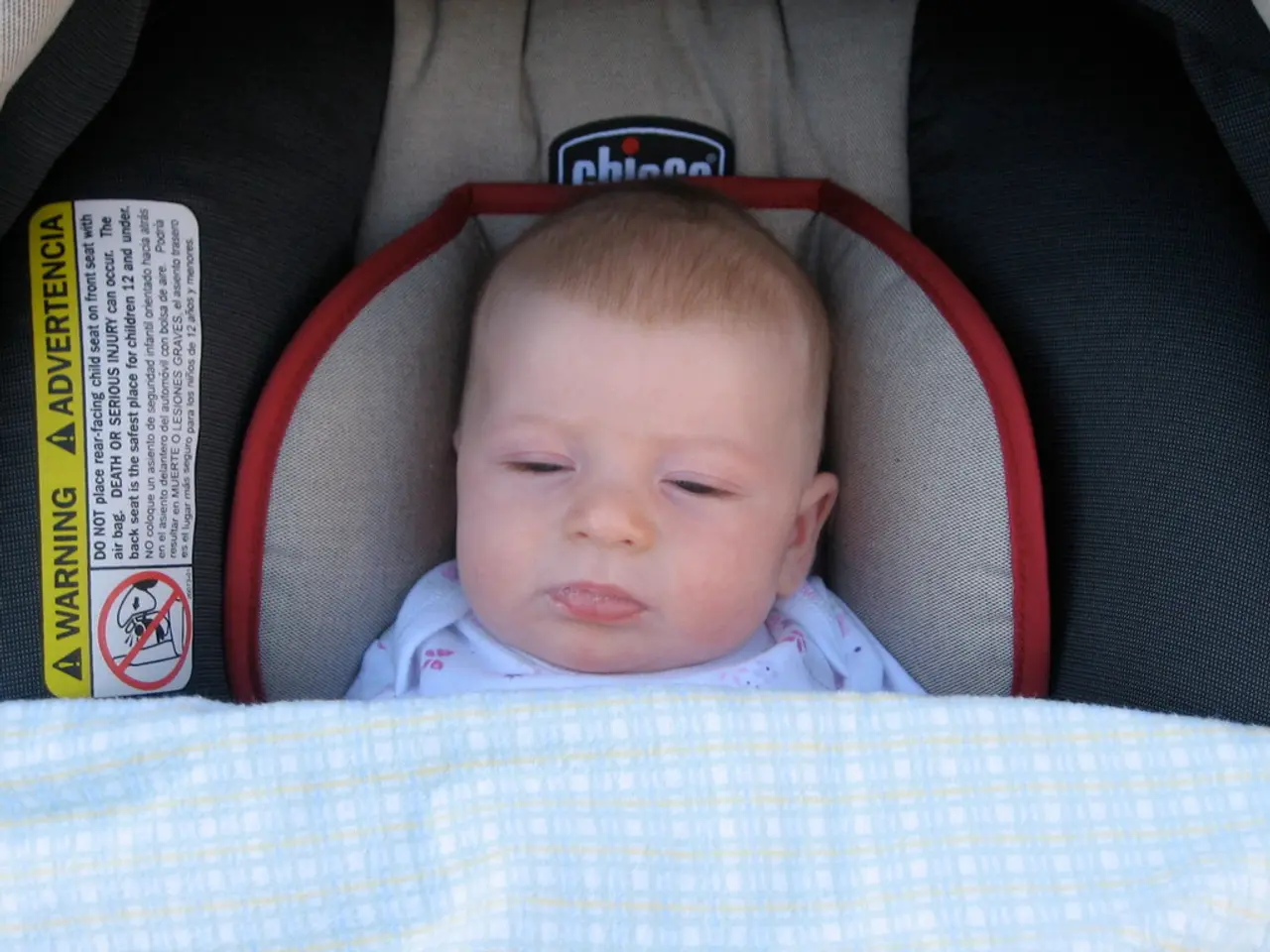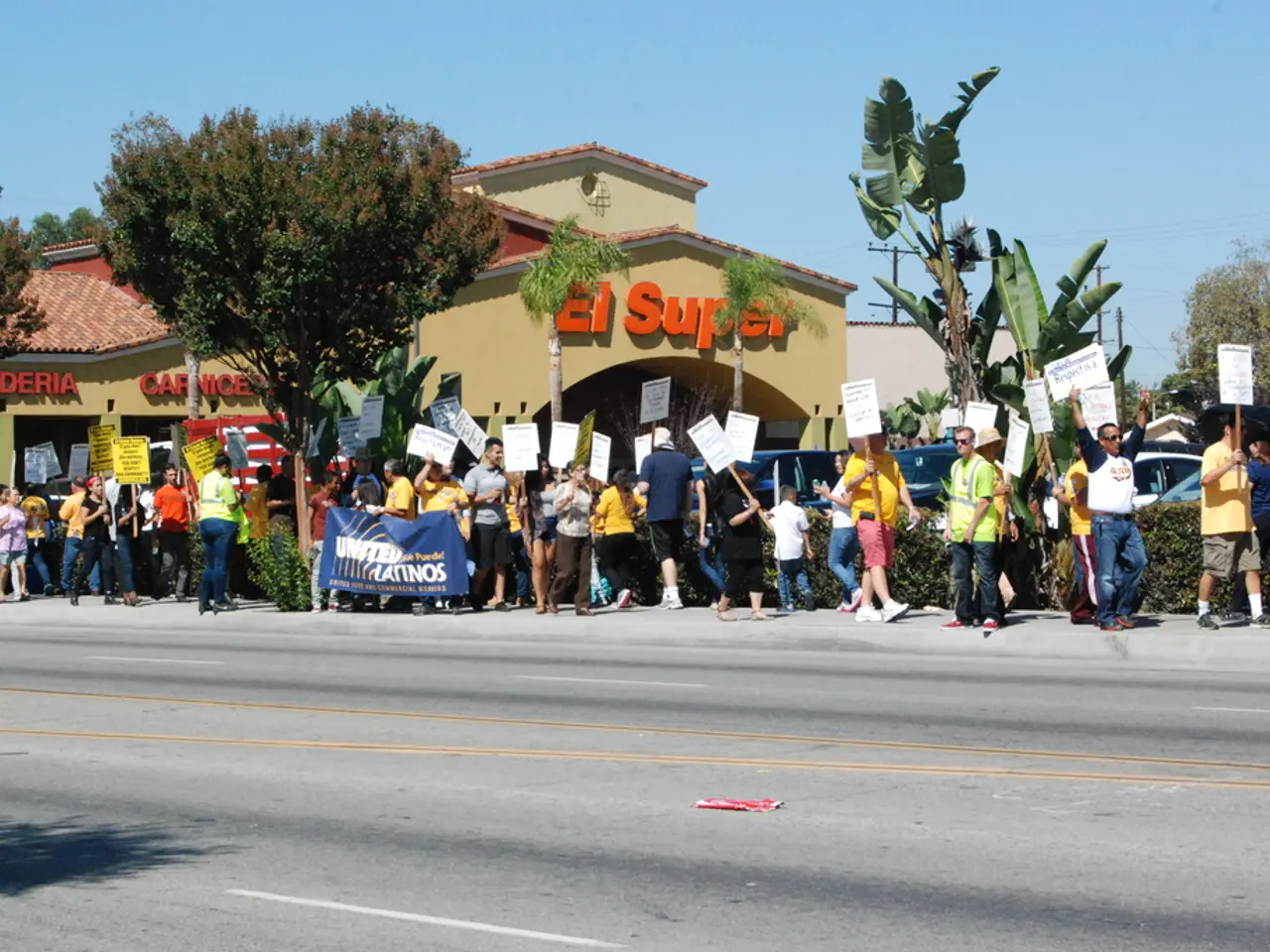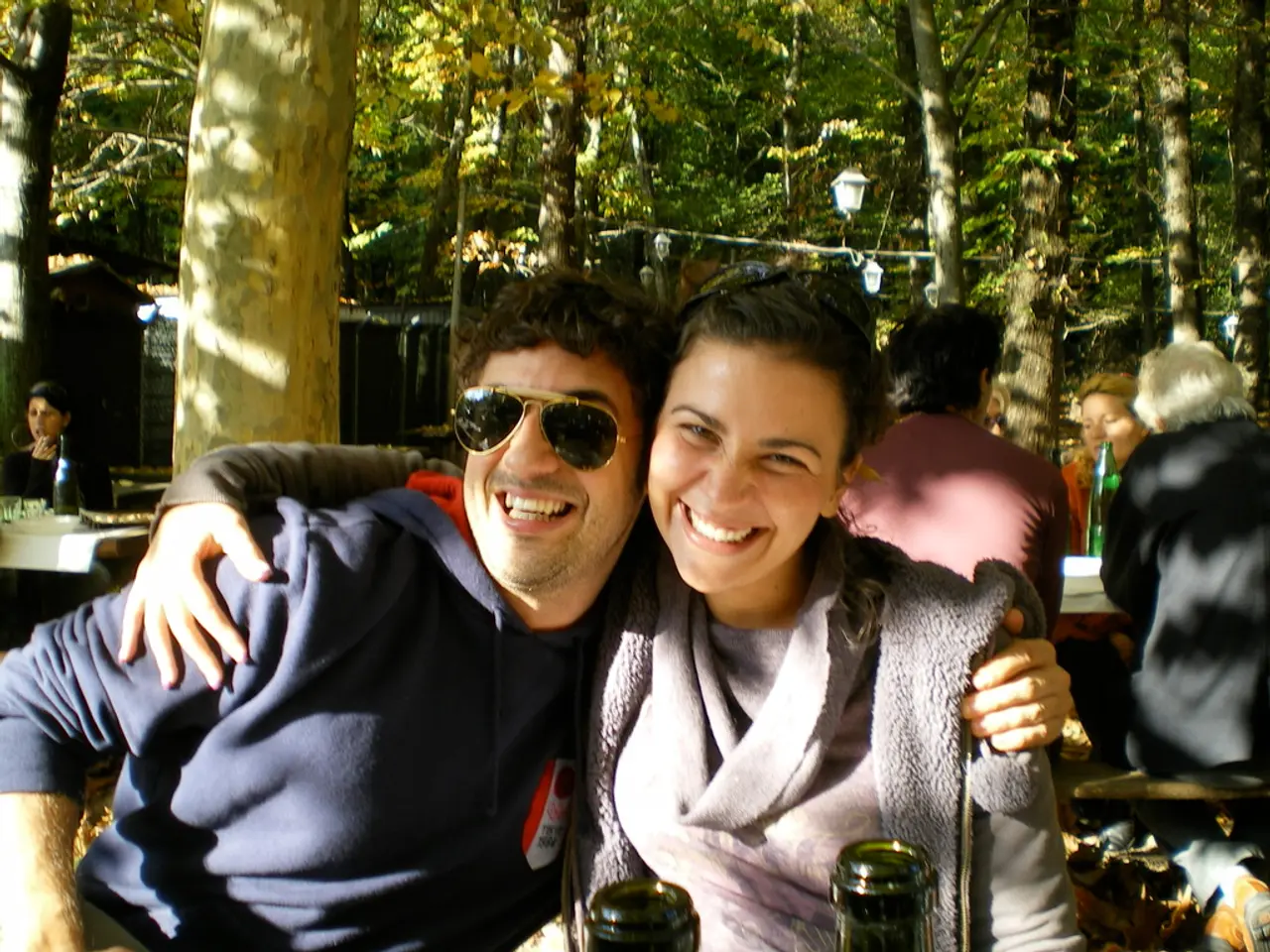Abandoning Infants at Baby Hatches is Not Criminalized, Affirms Minister
In Malaysia, baby hatches provide a safe haven for newborns whose mothers are unable to care for them. Recently, a 14-day-old baby boy was found at a baby hatch located in a private medical centre in Kuching.
The Welfare Department is the primary body responsible for managing the process when a baby is left anonymously in a baby hatch. Nancy, a spokesperson for the department, confirmed that acts of leaving a baby at a baby hatch are not considered a criminal offence, as long as there are no elements of wrongdoing such as physical abuse.
The department actively intervenes to trace the infant's next-of-kin or biological family if possible, and facilitates the child's placement, either through adoption or other welfare arrangements. However, the mother's anonymity is respected if she chooses not to come forward, and the child's birth registration can still proceed through the Welfare Department.
Organisations like OrphanCare operate baby hatches and support the adoption process for babies whose mothers opt not to raise them, helping to navigate the legal and social aspects of registering and caring for these children.
The legal registration process for a baby left anonymously involves several steps:
1. The Welfare Department receives the baby and takes custody. 2. Efforts are initiated to identify the mother or family, though anonymity can be respected. 3. The baby's birth is officially registered, with the Welfare Department acting on behalf of the child to ensure citizenship and legal identity. 4. The child's placement is facilitated, often through adoption by vetted parents, if no family is found or the mother chooses to relinquish rights permanently.
The handwritten note found with the baby in Kuching read "Izzy Haziq (L), 14/6/2025 @ 11.40PM." The department encourages mothers to come forward to register the birth and confirm the child's citizenship, but it is not a legal requirement for the baby's registration to proceed if the mother remains anonymous.
The case in Kuching has sparked debate online, with some social media users questioning the purpose of baby hatches. Nancy mentioned that there are mechanisms in place to legally register babies even if the mothers do not come forward.
The Welfare Department ensures the process of legal registration is carried out with respect, ethics, and in line with the best interests of the child. These mechanisms are designed to prevent a child from being left undocumented, ensuring their right to citizenship and legal identity.
In Malaysia's general-news sector, there have been discussions about the effectiveness of baby hatches in the context of crime-and-justice, following an instance where a 14-day-old baby boy was found at a baby hatch in Kuching. Despite some questioning the purpose of these safe havens, the Welfare Department ensures that even if mothers of these abandoned infants choose to remain anonymous, their children can still be legally registered and granted citizenship, as stipulated by Malaysian law.








